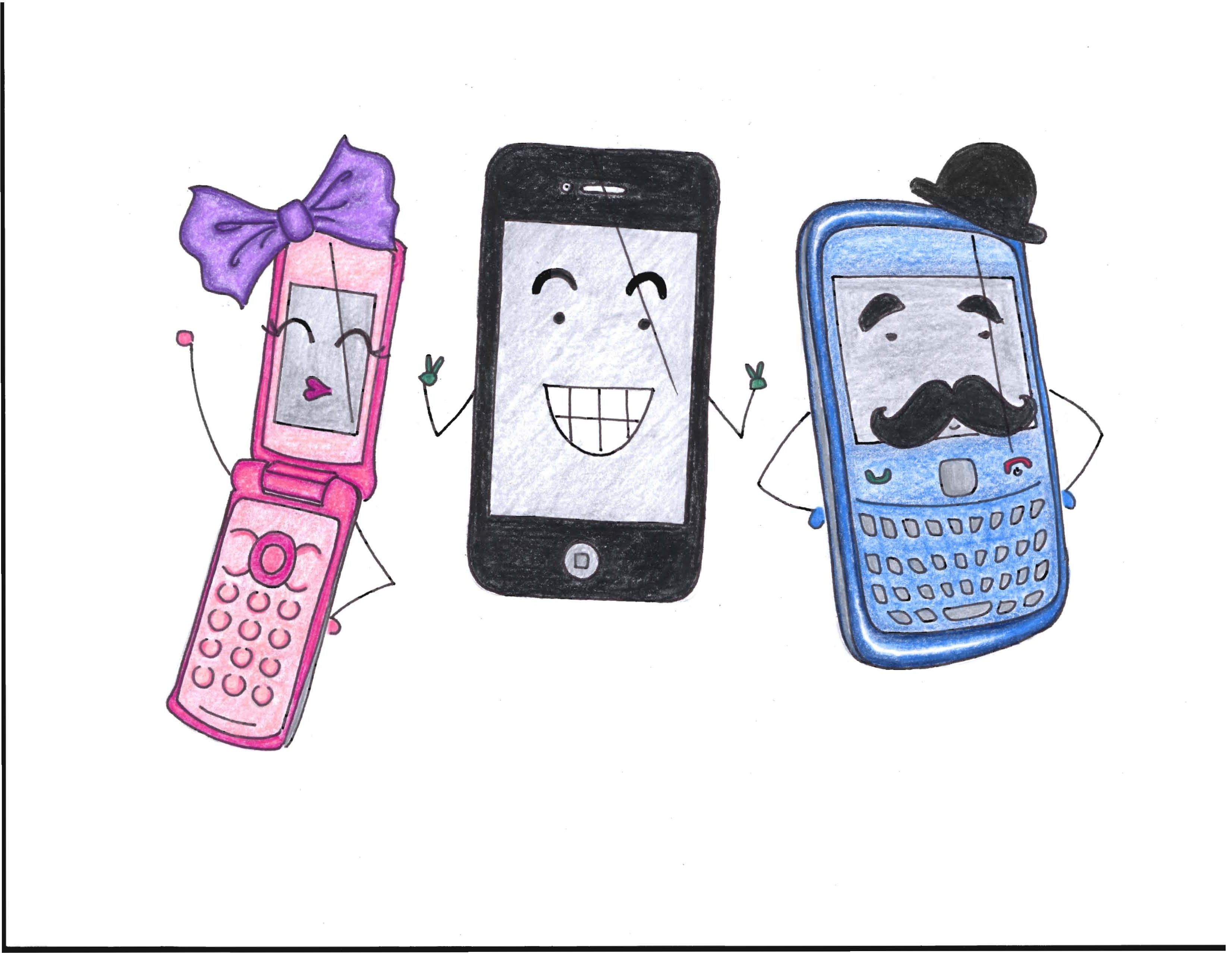Her cell phone was perfectly positioned. Having balanced it and propped it against the wall, Teresa Soriano settled down to study for a long night, confident that she would be able to receive calls with the one bar of service her phone was displaying.
Some 300 miles away, her parents steadily grew more worried because they couldn’t reach their only daughter away at college.
“It was just a situation that wasn’t working out,” said Soriano, a fifth-year sociology student. “I’m very close to my parents, and I like talking to them, and I couldn’t because of the bad service in my dorm room.”
Soriano and her parents decided to activate the landline that came with the room and pay for the service so Soriano could receive incoming calls and achieve a more reliable means of contact.
Although every dorm room comes with a phone, few students choose to activate the services that allow incoming calls from places off of the Hill, said Michael Schilling, executive director of Communications Technology Services.
All of the room phones come prepared with “the 911 plan” and include emergency phone calls to the police, as well as calls between residential rooms because of the potential need of students to call their resident assistant in case of emergencies, Schilling said.
The expanded service Soriano opted to pay for costs $17.60 a month and enables students to call phones close to the UCLA campus as well as to receive long-distance phone calls.
With the rapid rise of cell phones in the past decade, the number of students who have opted for this service has decreased rapidly, said Gwen McCurry, director of planning services at Communications Technology Services.
Currently, fewer than 100 residential rooms on the Hill have ordered the expanded telephone plan, Schilling said.
These telephone options have always been available, with the basic setup in every residential room and the option to expand the plan, McCurry said.
Of the rooms that pay for the extended phone services, the majority of them are taken up by resident assistants, who are required to have their phone set up to be able to receive emergency calls from anyone.
This service is paid for by the Office of Residential Life, but any nonemergency calls that the resident assistants make are charged to them separately, Soriano said.
For Ben Neidhardt, a third-year psychology student, the “horrendous” cell phone service in residential dormitories posed a problem.
“My phone wouldn’t work anywhere, and it was frustrating when people couldn’t get a hold of me,” Neidhardt said.
Even though the landlines are not as convenient because they are stationary, “at least they work,” Neidhardt said.
For Soriano, it was the hassle of having to constantly walk outside of her building to make a phone call that convinced her to continue with her expanded service plan for four years of schooling.
“I think it was part laziness, because it was a hassle to rely on my cell phone and not know when or where it would work,” Soriano said.
